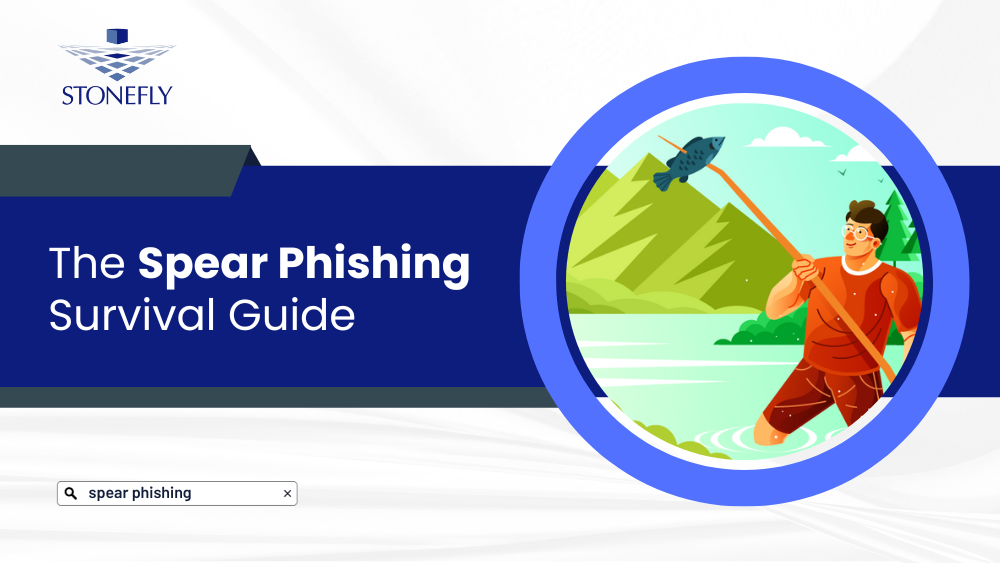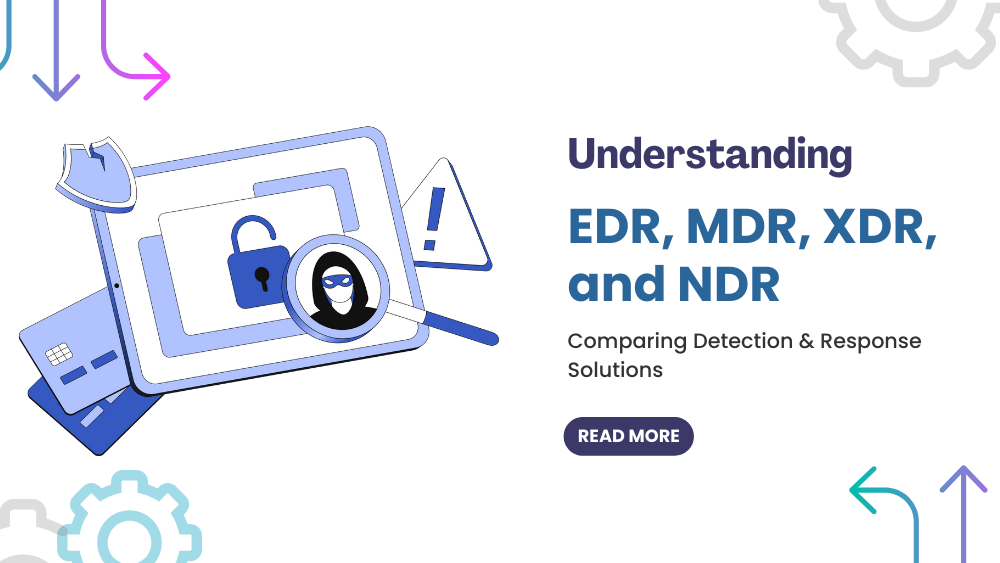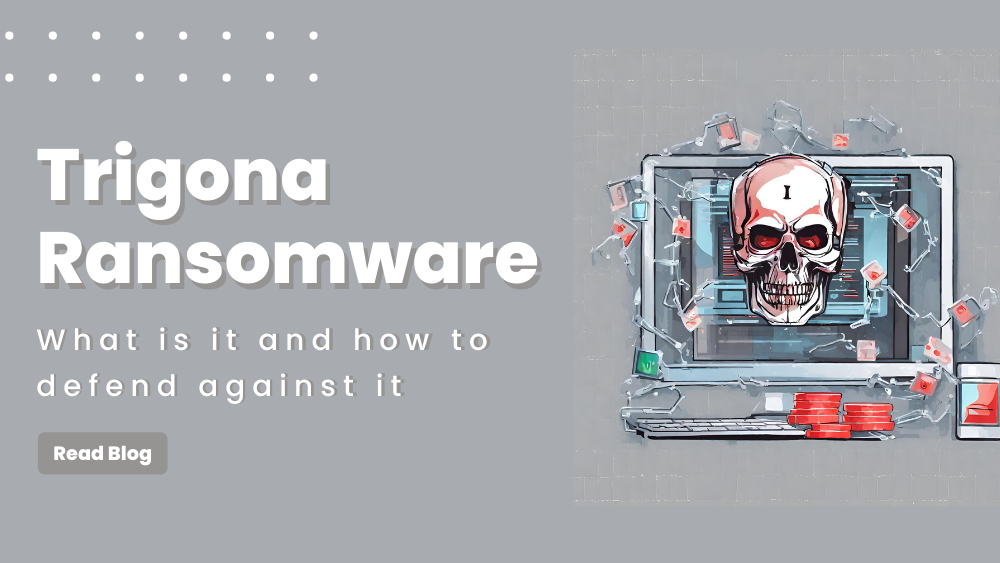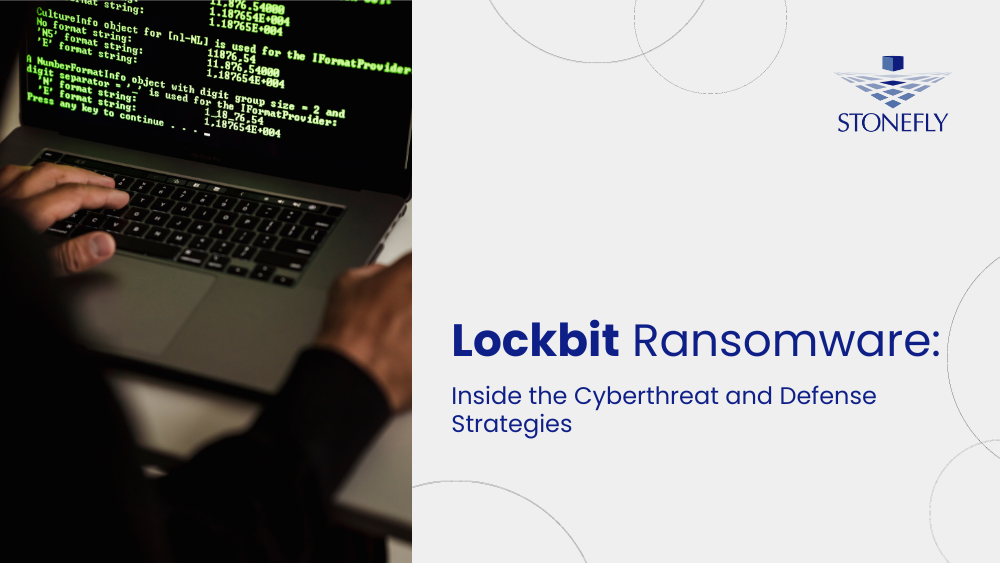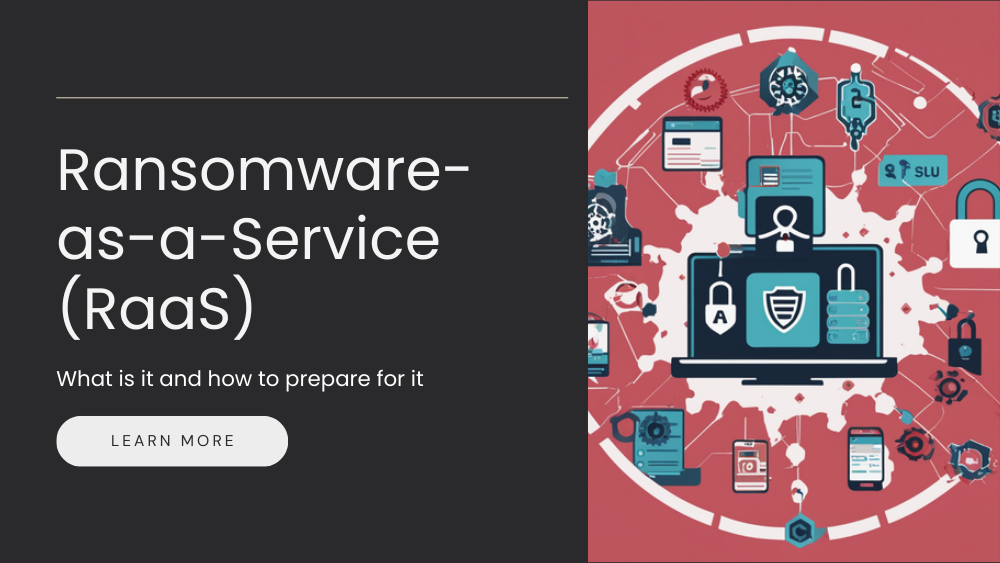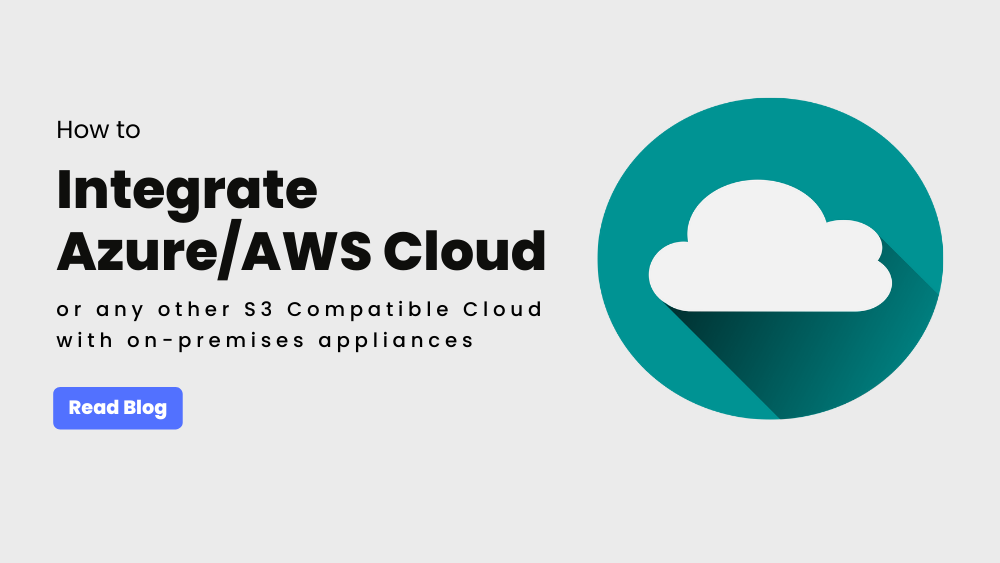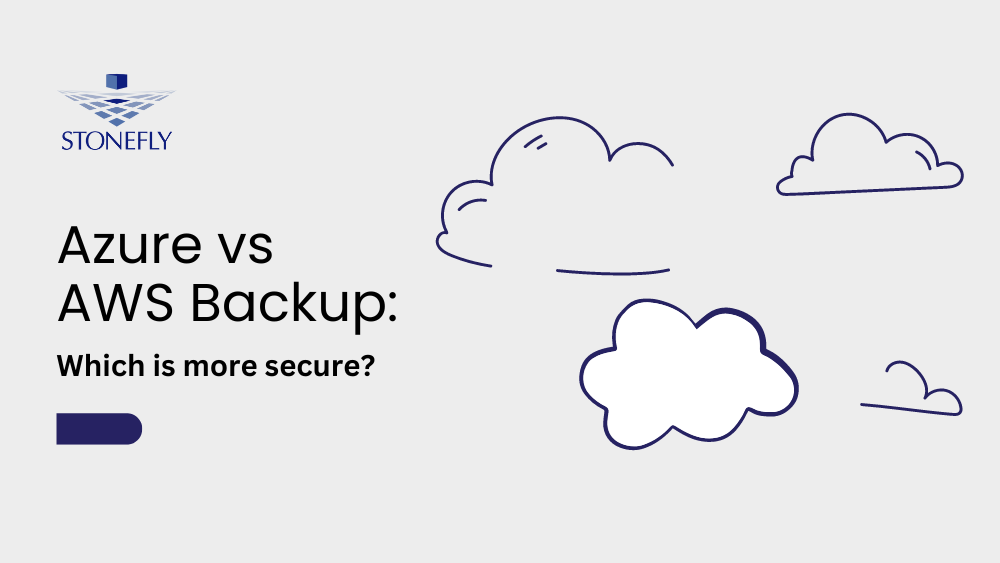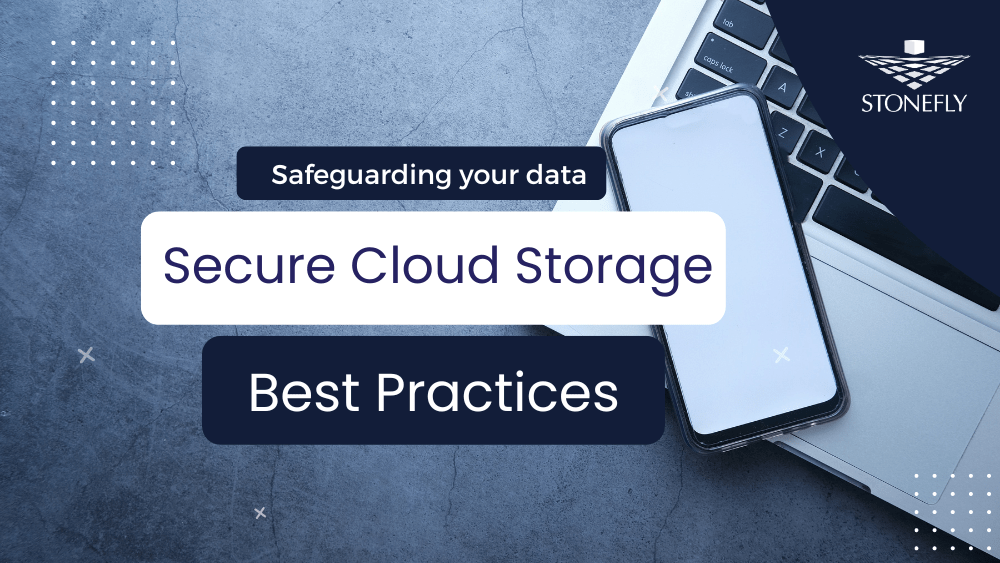Today’s cutting edge researchers move to the cloud leaving behind the limitations of physical data processing facilities and high costs. Cloud computing is paving the way forward by changing the way research is done.
Data Challenges in Life Sciences
Data analysis and storage is increasingly becoming a major concern for labs across life sciences. The time, cost and complexity of data management has overtaken the cost and speed of data generation as the primary bottlenecks. All of which pose significant challenges for the scientist whose job is to make sense of it all. Here are some of the biggest data challenges faced by scientists right now.

Data Storage
Modern lab equipment is producing orders of extreme magnitudes of data in comparison to the cutting-edge systems from only a few years ago. From sequencing data to chemical structure information, there’s an ever-increasing stream of data intensive instruments, methods, applications regulatory requirements. Management of raw data requires high-end computing to process it and introduces data storage challenges. The traditional physical storage solutions are not preferred anymore because of being expensive and bulky.
Availability of Data
From the top management to the patient, data is generated at quick speed for key research. This presents challenges when organizations are getting ready for audit, making a big decision about the direction of the research or putting together a publication. If the data that the companies use is lost, then the companies have to start from scratch again; from surveys to results, the entire process is costly, ineffective and inefficient.
Security
With electronic data being one of the most valuable assets for any organization, unauthorized access must be managed. Increasingly tight regulations concerning privacy laws and data traceability must also be adhered. The scientific community needs to find ways to negotiate issues whilst fostering a collaborative approach and promoting accessibility of data.
Need for Computational Resources
Constant research is being done in life sciences for innovations and to make discoveries. This generates a lot of data which is jumbled up. It is very difficult at times to define what specifically an organization is looking for. Even if it is found, there is still the problem of accessing it quickly. With the traditional storage, it cannot be accessed with ease and speed.
Cloud Storage: Having Intact Data Storage Solutions, Increase in Life Sciences Innovations
Cloud storage is not limited to certain forms and provides intact cloud backup solutions to the up and coming needs of the users. Life sciences discoveries are based of the sheer volume of data being generated in today’s world. Having a greater storage space has become a need for the researchers involved in life sciences discoveries. Unlike the traditional storage methods, cloud storage solutions provide life sciences with modernized methods to solve their data storage challenges.
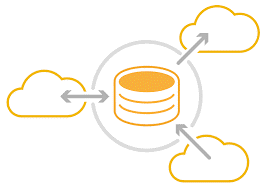
- Increased Storage Space: Cloud storage can Scale-out to provide greater storage to the researchers in life sciences. They can be sure that they will always have space for the increased amount of data being generated at a higher or lower level. All this space is provided at lower costs by the likes of partnerships between names like StoneFly, Microsoft Azure, Amazon AWS, Veeam and such. For instance, StoneFly Cloud Connect to Azure is provided to users to move their data to the Azure cloud storage quickly.
- Increased Availability of Data: The cloud can be accessed to get the data in a matter of seconds using a simple internet connection from anywhere, anytime, any device. Life sciences can work on making the future a better place to live in with ease. The partnership between StoneFly and Veeam provides greater availability of data with RTPOs of less than 15 minutes for all data and applications.
- Higher Security of Data: Data being transferred to the cloud is safe from all sides. End-to-end encryption is used by many such as the Veeam Cloud Connect in Amazon AWS which ensures that only the researcher has access to data. Moreover, there is centralized management of data in the hands of authorized personnel to make sure there are no hindrances in research. AES 256bit encryption keys are used to make sure that data is always secure from both ends.
- Computational Resources Scalability: Life sciences researchers can be at ease while going through data to find a particular important piece of data with increased granularity provided by cloud storage. Researchers can be sure in getting the exact piece of data in matter of seconds.
StoneFly and Veeam have partnered together to provide backup and replication using modern features like file-versioning. Life sciences researchers can be assured of the fact their production environment is closely monitored and automatically backed up through snapshots. This provides even greater depth in data protection as the work environment can be recreated in a matter of minutes to make sure that research never stops.


